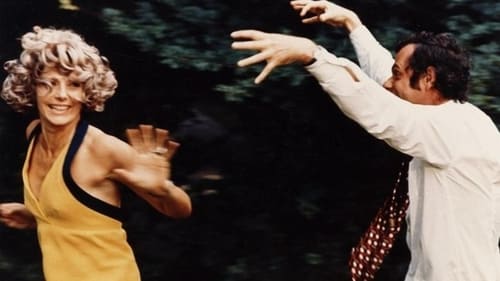
Director of Photography
Después de la muerte de su madre, un empleado de seguros de mediana edad, hereda una pequeña casa de campo rodeada de un jardín. La venta de la casa que está situada en un terreno no explotado cerca del centro de una gran ciudad, lo convierte en un hombre rico y compra una casa grande en el campo. Toma algo de tiempo libre y decide hacer una fiesta de gran jardín en la casa e invitar a todos sus colegas de la oficina. Por culpa del alcohol, las personas se deshiniben y revelan rasgos de su personalidad y las frustraciones que normalmente mantienen ocultas.

Director of Photography
A young man from the city goes on a picnic to the country with his family. They come upon a wedding party, and the young man falls in love with the bride. The girl is getting married for a number of reasons, but not for love.

Director of Photography

Director of Photography
George (Francois Simon) takes care of his invalid wife and holds down a full-time job. When an investment firm wipes out his life savings, the middle-aged George is soon forced into retirement for health reasons. George takes up a life of crime when the company turns his back on him and the money is gone overnight. He is soon driven to the brink of insanity over the unfortunate series of events that transpire. - Dan Pavlides

Director of Photography
Two guys facing problems in relationships and wondering about the living on the capitalist society.

Director of Photography
The film follows William, thirty-ish, out of work and looking for a new life after apparently having been thrown out of his previous one. He meets up with Noelle, who seems intrigued by his restlessness - until her economist boyfriend shows up. Yet plot details do little to convey the power of the film, which lay in its capturing the anarchic texture of William's life - a life whose lack of direction was read as a rebuke of the Swiss myth of orderliness and self-satisfaction. With his roots in documentary, Soutter excelled at creating a loose, vibrant cinema, full of quick zooms and dynamic hand-held shots, with dialogue that often alternated between outright quotations and stylized interviews.




